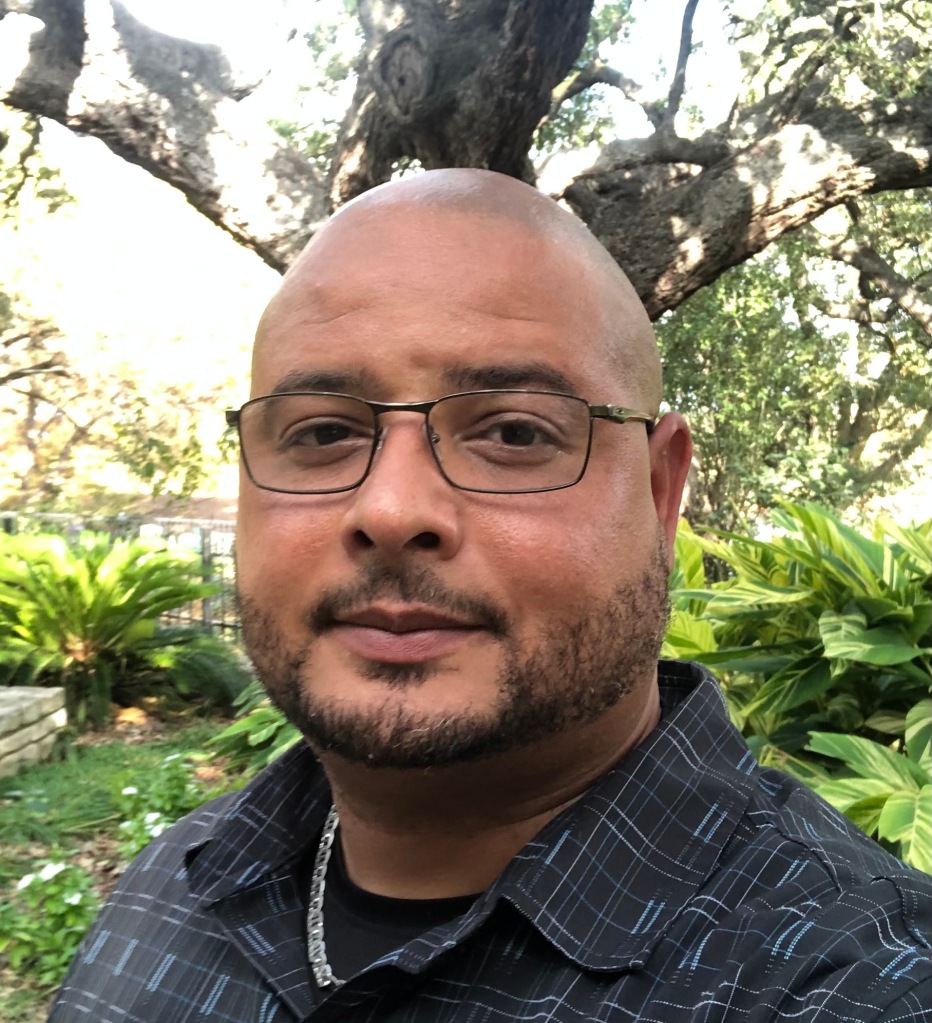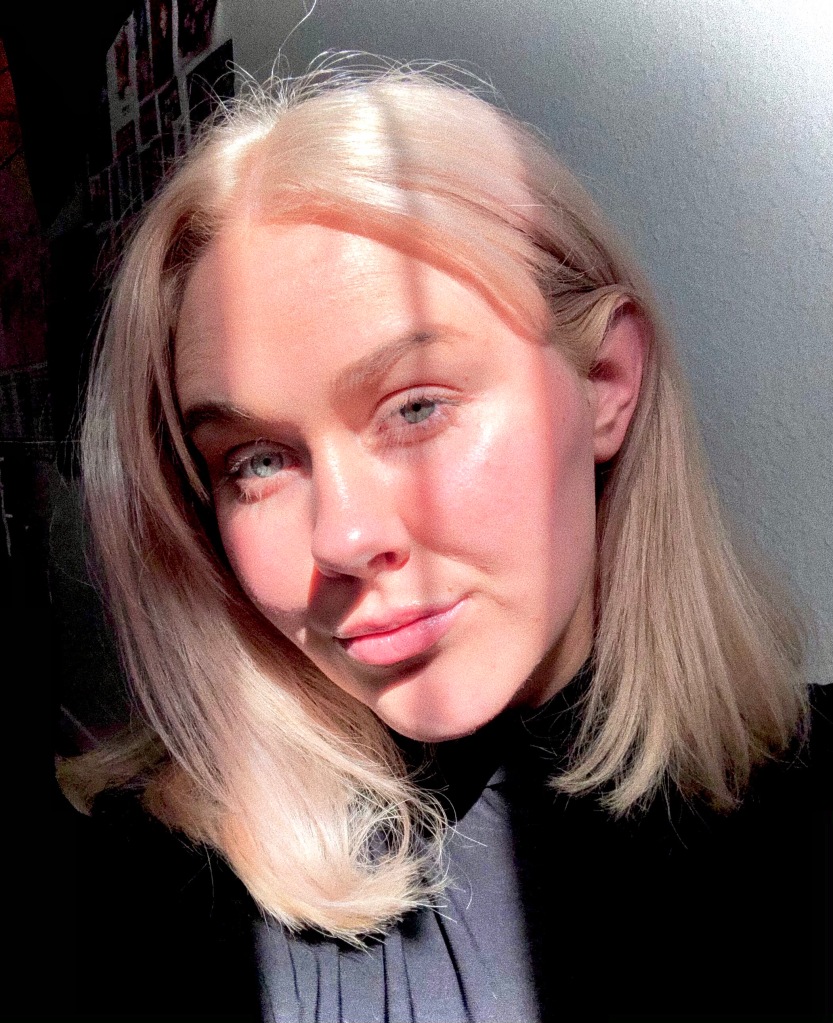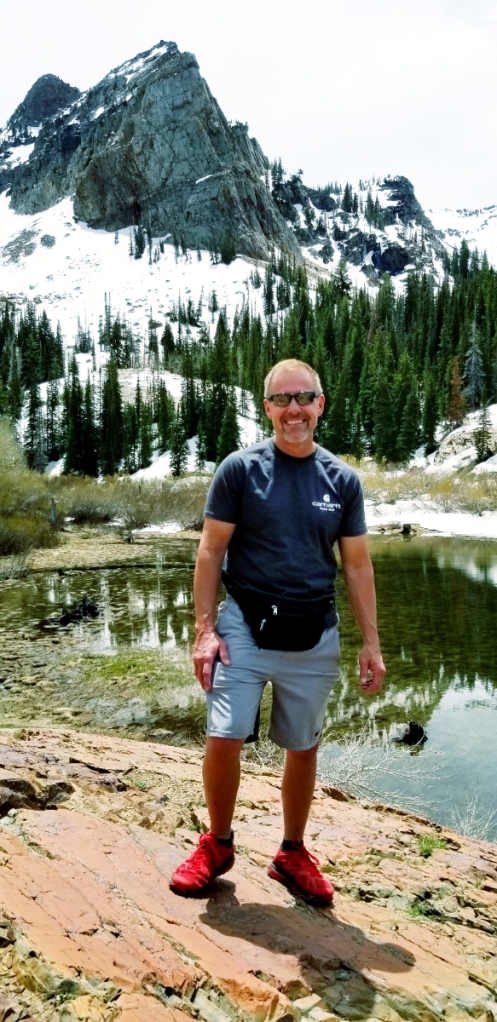Story by MAKAYLA HARRIS
Within a matter of weeks in March 2020, schools closed, businesses shut down, flights were banned, and hospitals were working around the clock to treat thousands of patients infected with what would soon turn into a 21st-century pandemic leading virus. Regulations have ensured that everyone young, old, healthy, or ill has ample opportunity to maintain and improve their physical health.
It is clear that when it comes to physical health, nations are doing the best they can to maintain healthy individuals. But how have regulations, quarantine, and new social norms affected individuals mentally?
Three individuals discuss their experiences this year with COVID-19. Gideon Harris, a therapist and counselor in San Antonio, Texas, said, “One of the biggest things that I am seeing is the recognition of codependence on people and unhealthy coping skills.”

People are now realizing that they base much of their happiness, success, and value on their peers and colleagues, Harris said in a Zoom interview. When someone is used to being complimented, recognized, and praised through social and workplace interaction, there is little reason for people to discover their own self-worth.
Harris said the best way to begin to start finding self-fulfillment and happiness within yourself — that isn’t dependent on others — is to increase self-awareness and identify the areas that are causing you pain and why they are causing pain.
Harris reflected for a moment on the strategies he uses to help his clients discover their self-worth. A key tool is the cognitive-behavioral triangle, which illustrates a way to change thoughts (cognition) and actions (behaviors) in order to control how we feel.
“Measure your thoughts, feelings, and behaviors throughout the day,” Harris said. Next, he prompts clients to see how they can schedule their day to have more positive outcomes in their CBT triangle.
He also recommends displaying quotations around the house or in the car to help improve areas in the CBT triangle with the goal of enhancing an individual’s overall view of self-worth and fulfillment.
Sierra Freeman, a University of Utah student, said she has struggled with feelings of fulfillment and self-worth since the outbreak.

“In my case, staying at home with not a lot to do leaves me overthinking about the things I don’t like about myself — especially with the mirrors around the house, it’s easy to fixate on the parts of myself that I don’t like,” Freeman said, fidgeting with her pencil. “I also find myself having a lot more social anxiety and not being able to openly meet new people, and that really affects my self-worth.”
However, she finds a lot of comfort in her roommates.
Freeman took a deep breath to speak, but stopped short before answering. “I think for me, the way I deal with that is having roommates because they give me a form of companionship. I can talk to them about if I’m sad and they validate my feelings and talk through them with me. I feel a sense of community and that I’m not alone,” Freeman said in a Zoom interview.
Despite the hardships of the pandemic, she said she has experienced tremendous growth in multiple aspects of her life.
“COVID has forced me to have alone time and be comfortable with it. It has forced me to think about who I am and what I want to be. And I know if it wasn’t for COVID I would have never given myself this alone time,” Freeman said.

Mark Raleigh also has discovered new opportunities for growth in the pandemic.
Raleigh, a business owner in Salt Lake City, said he has hiked and climbed more this summer than during any other year in his life as he tries to find activities to do while social distancing. For example, he summited Mount Olympus, a 9,000-foot-tall peak on the east side of the Salt Lake Valley.
Being physically active and walking, working out and hiking has helped Raleigh, 58, successfully cope with the current situation.
He said he has struggled with depression since his early 20s. “I try not to sit around,” Raleigh said in a phone interview, adding that his mom used to say that idleness “is the devil’s playground, and that is so true.”
For Raleigh, the best way of getting through hardships like COVID-19 is to “believe in yourself against all adversity and let the power of your spirit overcome mortality.”
